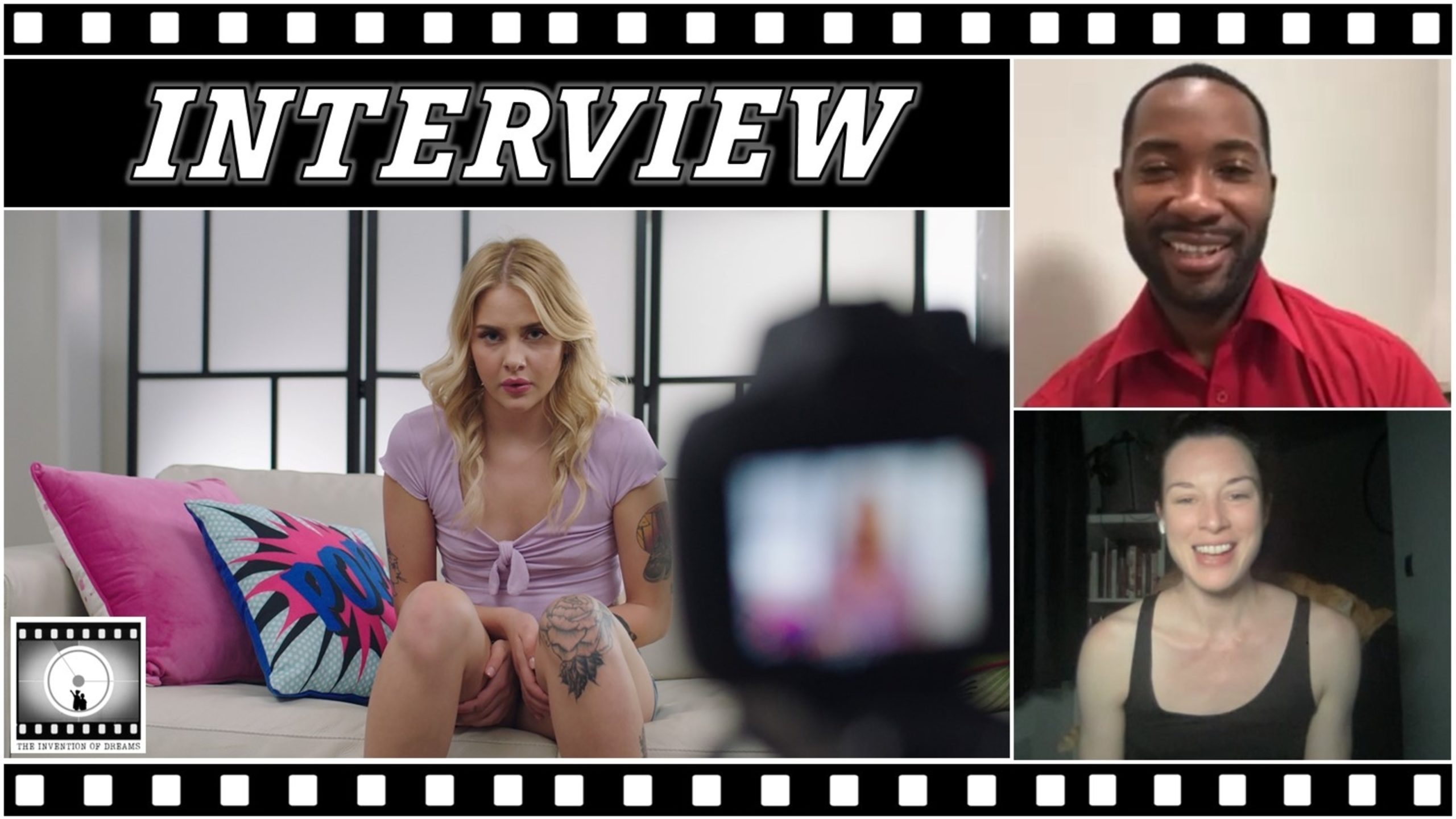
At what point does capturing art become exploitation? And what responsibility, if any, do artists have to their subjects? These are the questions that The Subject answers in a thoughtful and compelling manner.
Jason Biggs (American Pie, Netflix’s Orange Is the New Black) plays Phil Waterhouse, a white hotshot documentary filmmaker whose star is on the rise after a documentary he makes titled The Price of Brotherhood. The Price of Brotherhood captures the gang land murder of his black teenage “subject” Malcolm Barnes, played by the magnetic Nile Bullock (Starz’s Power Book III: Raising Kanan). Malcolm’s death ensures the film’s success and now Phil’s going to awards shows, festivals, and making a new documentary series for HBO about a different group of inner-city black teenagers. Phil should be on top of the world, but because of a blog post (*eye roll*) accusing him of exploitation, he obsessively questions his actions on the day that Malcolm died.
Phil is an interesting anti-hero for this story. On the one hand, he has his share of superficially admirable qualities. He’s a privileged white man, whose family had the financial means to support his dream to be an artist and filmmaker. He publicly holds the politically correct positions on race that other white liberals in the northeast espouse, but underneath it all is your classic toxic “Nice Guy.” Desperate to be liked by everyone. Always terrified of being seen as “the villain.” And with an ugly underbelly of odious views he won’t share in polite society, but come bursting out of him when he’s finally pushed to be honest behind closed doors. Biggs is perfectly cast for this particular breed of anti-hero. He has both the look and natural demeanor to play this character effortlessly. The white liberal that every person of color doesn’t completely* trust, because their actions don’t match up with their words, and their allyship comes across as self-serving and performative.

Phil’s struggles in this story begin when he realizes that someone is filming him and treating him as “the subject,” turning the tables on Phil in an effort to punish him for his ill-gotten gains. This footage of Phil’s life is calculatedly distributed both privately and publicly to destroy Phil’s reputation and his personal life. Some watching will probably sympathize with the difficult position Phil was in as a documentarian trying to capture his subject’s life in an accurate manner. Others will find Phil’s actions the day Malcolm is murdered, and Phil’s character as a whole, despicable for not doing more to save Malcolm’s life. Is there a correct answer? Yes. The movie leaves no doubt as to how you as the viewer are supposed to feel about Phil’s actions by the end.
The climax of the film comes during Phil’s explosive confrontation with the person who’s been filming him all along, Malcolm’s mother Leslie, played to perfection by Aunjanue Ellis (If Beale Street Could Talk, HBO’s Lovecraft Country). The confrontation delivers the excoriation Phil’s had coming to him the entire movie, as the two characters have an honest conversation about Phil’s exploitation of Malcolm, that eventually evolves into a larger conversation about how all people are a product of their environment.

The conversation between Phil and Leslie is captivating as Phil starts by trying to rationalize and excuse, but is slowly brought to his knees by the power of Leslie’s arguments, and the weight of his own repressed shame. Leslie relentlessly refuses to allow Phil to hide behind the usual sophistry that white, privileged, exploitative artists in his position always do. We eventually see Phil laid uncomfortably bare, exposed completely for who he truly is as Ellis’ Leslie delivers the quote of the movie “it would take a microscope to find your integrity at this point.” A symbolic shiv to the solar plexus that Phil’s long-deserved.
But The Subject still manages to end on an optimistic note. Leslie gets all of the answers she was looking for about Malcolm’s death, and for all his flaws, Phil learns a valuable lesson. Phil’s original shame may have been driven by his own narcissism, but by the time the end credits roll, the viewer is left with the impression that Phil can, and will do better with the rest of his life. The Subject is filled with teachable moments, honest conversation about race, and a final reckoning that leaves everyone from the main characters and the viewers spiritually better off than before. Go see it, but don’t leave your brain at the door.
















